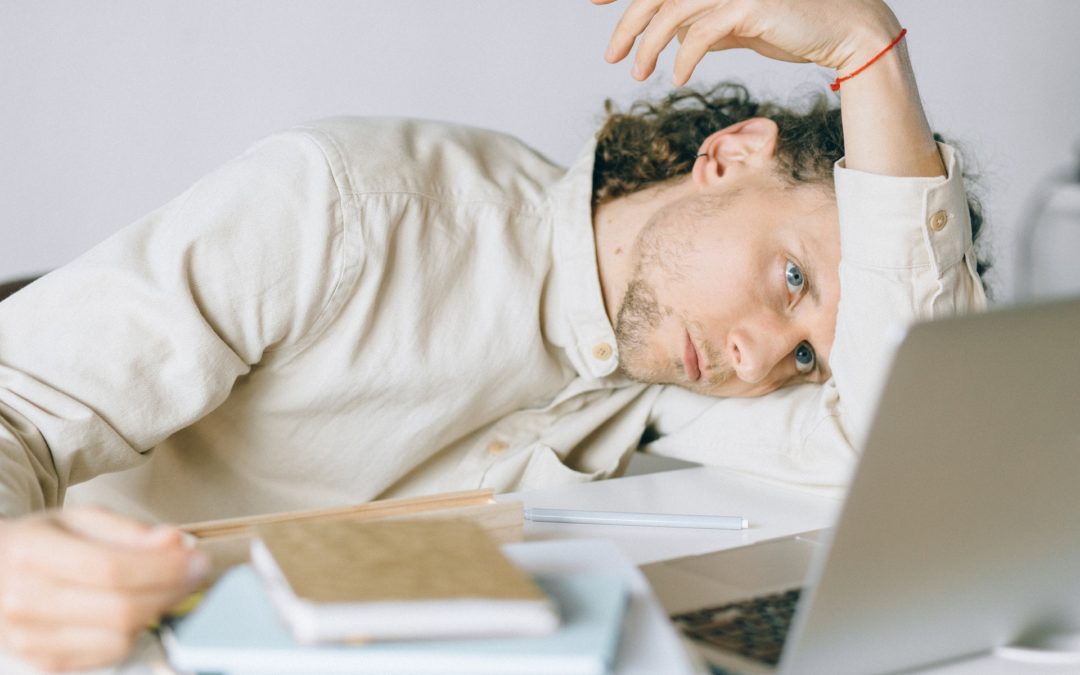Academic burnout is an issue that many students face in college as they juggle their class obligations, social commitments, and extracurriculars. With numerous stressors such as loan repayments, family dynamics, social isolation, or even graduation depression, young adults are slammed with “how do I handle this?”
As a result, students can face burnout i.e. “the state of fatigue and emotional exhaustion in which they feel completely overwhelmed.” Its symptoms can include increased substance abuse, difficulty connecting with teachers, poor academic performance, increased irritability, inability to focus, exhaustion, apathy or even depression and anxiety.
So how can students avoid burnout in college?
Know the Warning Signs
The sooner you can identify the symptoms, the sooner you can address the issue and get help. Most colleges offer quality mental health services. If you’re experiencing burnout, call a counselor at your school to schedule an appointment.
Taking Care of Your Health
In addition to a balanced diet, exercising is key in stabilizing your mental health. Reseachers have found that exercise has profound effects on brain structure, especially in regions most affected by depression. Some studies found that exercise was as effective as medication in adults. An Ohio State University study also found that resistance training significantly reduced anxiety symptoms. By curbing symptoms of depression and anxiety, regular exercise can lead to more restful sleep and also help establish healthier sleep patterns.
Priortize Sleep
Lack of sleep has serious consequences, including increased rates of stress, anxiety, and depression. When people don’t get enough sleep, they have more trouble regulating their emotions. This leads to more impulsive decision making and less careful consideration and planning. How can anyone write a term paper or attend class after no sleep? Not many. Furthermore, people who don’t get enough sleep are more likely to think negatively, be more self-critical, and struggle more with confidence and self-esteem issues, making burnout worse.
Avoid Isolation
Many students feel alone dealing with difficult feelings and situations. Reach out to someone, friends or family. Talk to a campus counselor. Schedule an appointment with your advisor. Remember burnout is temporary even though it may feel overwhelming.
Be Realistic about Your Commitments
Look closely and honestly at what you are physically and mentally capable of doing. For example, can you rush sororities, finish your lab paper, do a second restaurant shift, take photos at the football game and still sleep?
Probably not. Priortize academics and health first. Evaluate your schedule so that you can carve out “me time”. Look closely at what is important or what is just an activity with no benefit whatsoever. When we effectively guard our time, it’s amazing how problems resolve themselves.
Take a Break
Give yourself a real break. Taking even a few days off can help you recalibrate and decompress, giving you the space to plan and reevaluate. If you can’t take advantage of an upcoming spring, fall, or summer break, look at your calendar and try to find a long weekend that allows you to unplug and only do things that make you happy.
